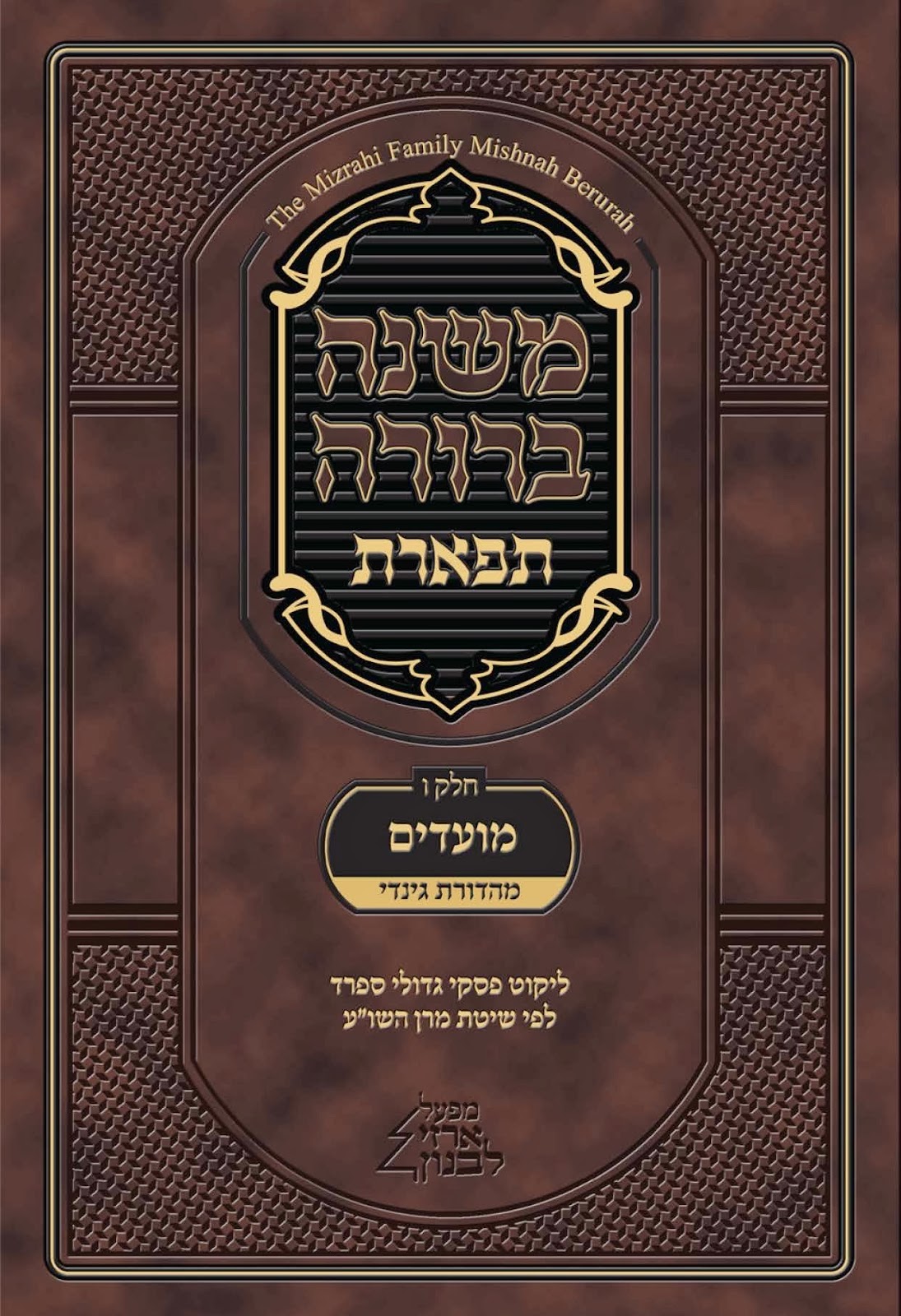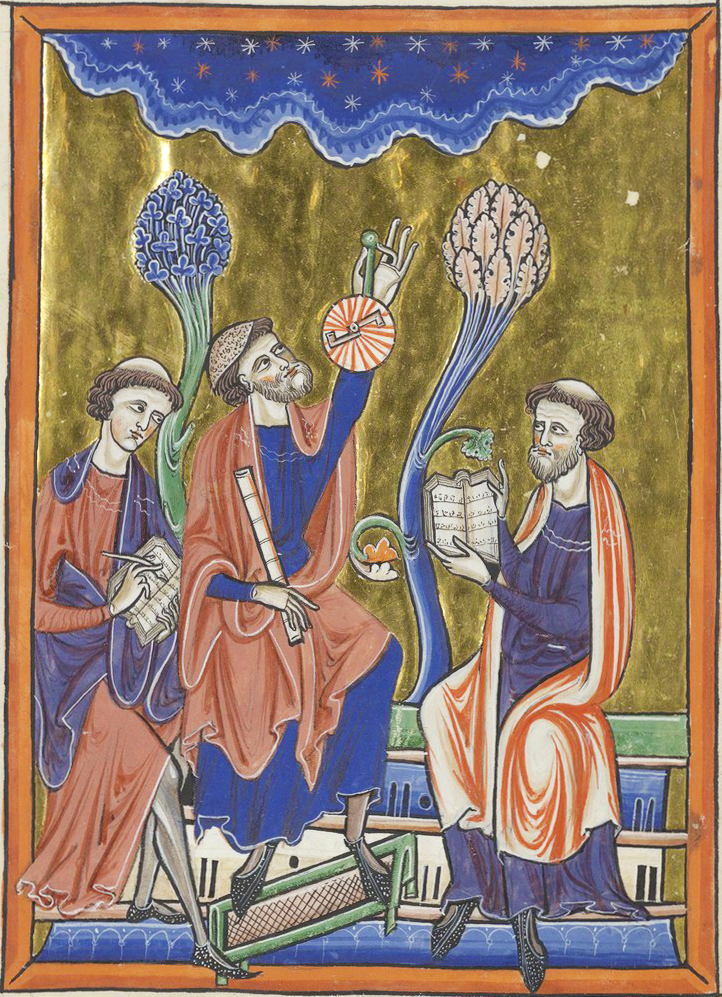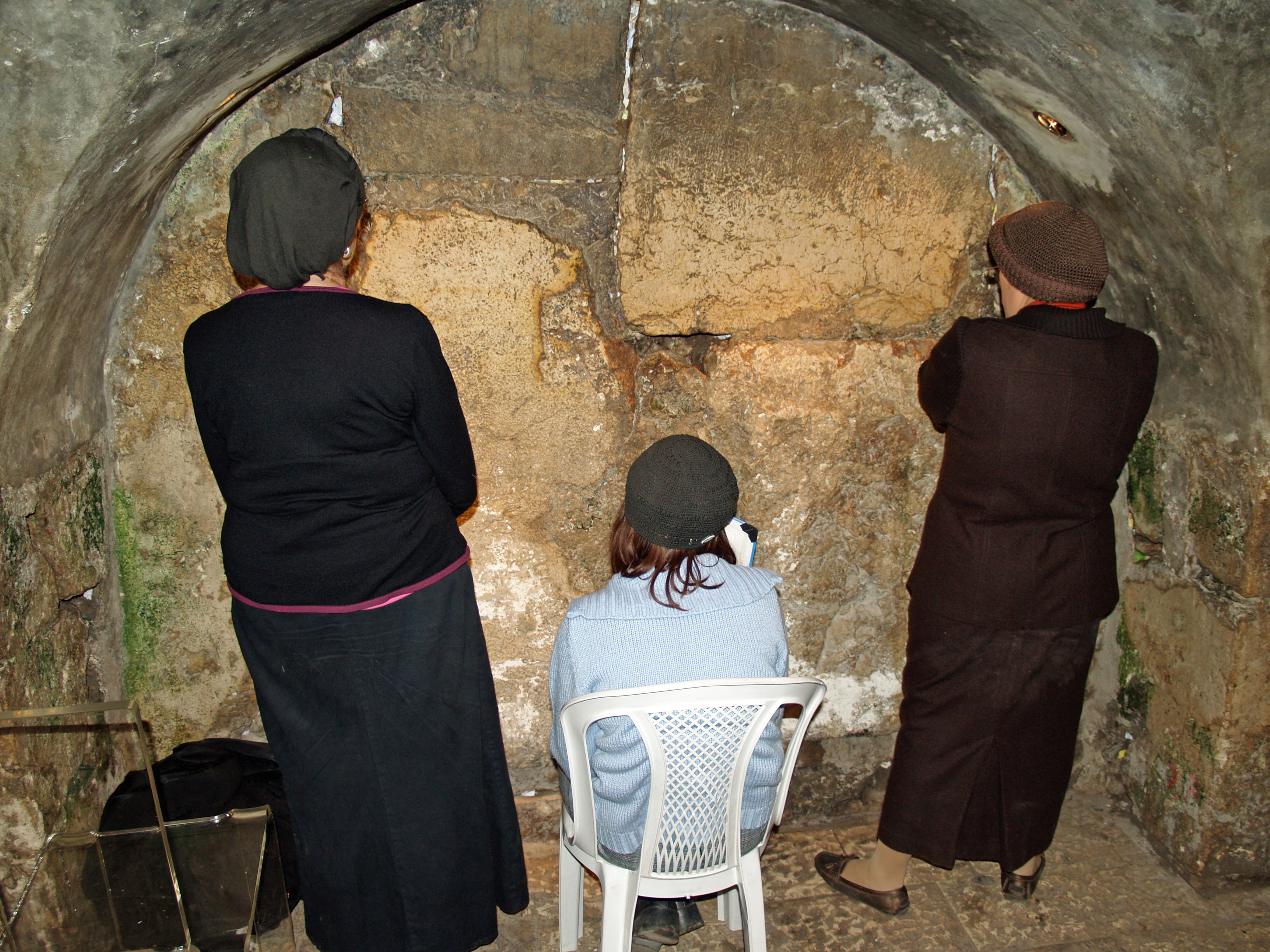|
Mishnah Brurah
The ''Mishnah Berurah'' ( he, ОъОЕОаОћ ОЉОеОЋОеОћ "Clear Teaching") is a work of ''halakha'' (Jewish law) by Rabbi Yisrael Meir Kagan (Poland, 1838РђЊ1933, also known as ''Chofetz Chaim''). It is a commentary on ''Orach Chayim'', the first section of the ''Shulchan Aruch'' which deals with laws of prayer, synagogue, Shabbat and holidays, summarizing the opinions of the ''Acharonim'' (post-Medieval rabbinic authorities) on that work. The title comes from b. Shabbat 139a, "They will rove, seeking the word of the LORD, but they will not find it (Amos 8:12) -- they will not find clear teaching and clear law in one place." Contents The ''Mishnah Berurah'' is traditionally printed in 6 volumes alongside selected other commentaries. The work provides simple and contemporary explanatory remarks and citations to daily aspects of ''halakha''. It is widely used as a reference and has mostly supplanted the Chayei Adam and the Aruch HaShulchan as the primary authority on Jewish daily living am ... [...More Info...] [...Related Items...] OR: [Wikipedia] [Google] [Baidu] |
Yisrael Meir Kagan
Rabbi Yisrael Meir ha-Kohen Kagan (January 26, 1838 РђЊ September 15, 1933), known popularly as the Chofetz Chaim, after his book on lashon hara, who was also well known for the Mishna Berurah, his book on ritual law, was an influential Lithuanian Jewish rabbi, Halakhist, posek, and ethicist whose works continue to be widely influential in Orthodox Jewish life. Biography Kagan was born on 26 January 1838 in Dzienciol ( yi, ОќОЕОбОўОю, Zhetl), Grodno Governorate in Russian Empire (today Dzyatlava in Belarus), and died on 15 September 1933 in Radu┼ё ( yi, ОеОљоиОЊОЎОЪ, Radin), Nowogr├│dek Voivodeship in Second Polish Republic (now in Belarus). His surname, Poupko, is not widely known. Kagan himself used the name "Kagan" (The Russian form of "Kohen") in official and legal documents. When Kagan was ten years old, his father died. His mother moved the family to Vilnius in order to continue her son's Jewish education. While in Vilnius, Kagan became a student of Rabbi Jacob B ... [...More Info...] [...Related Items...] OR: [Wikipedia] [Google] [Baidu] |
Haredi
Haredi Judaism ( he, ', ; also spelled ''Charedi'' in English; plural ''Haredim'' or ''Charedim'') consists of groups within Orthodox Judaism that are characterized by their strict adherence to '' halakha'' (Jewish law) and traditions, in opposition to modern values and practices. Its members are usually referred to as ultra-Orthodox in English; however, the term "ultra-Orthodox" is considered pejorative by many of its adherents, who prefer terms like strictly Orthodox or Haredi. Haredi Jews regard themselves as the most religiously authentic group of Jews, although other movements of Judaism disagree. Some scholars have suggested that Haredi Judaism is a reaction to societal changes, including political emancipation, the '' Haskalah'' movement derived from the Enlightenment, acculturation, secularization, religious reform in all its forms from mild to extreme, the rise of the Jewish national movements, etc. In contrast to Modern Orthodox Judaism, followers of Haredi Judai ... [...More Info...] [...Related Items...] OR: [Wikipedia] [Google] [Baidu] |
Posek
In Halakha, Jewish law, a ''Posek'' ( he, ОцОЋОАОД , pl. ''poskim'', ) is a legal scholar who determines the position of ''halakha'', the Judaism, Jewish religious laws derived from the Torah, written and Oral Torah in cases of Jewish law where previous authorities are inconclusive, or in those situations where no clear ''halakhic'' precedent exists. The decision of a posek is known as a ''psak halakha'' ("ruling of law"; pl. ''piskei halakha'') or simply a "psak". ''Piskei halakha'' are generally recorded in the responsa literature. Orthodox Judaism Poskim play an integral role in Orthodox Judaism. * Generally, each community will regard one of its ''poskim'' as its ''Posek HaDor'' ("Posek of the present Generation"). * Most rely on the rav in their community (in Hasidic communities, sometimes the rebbe) or the leading posek. Poskim will generally not overrule a specific law unless based on an earlier authority: a posek will generally extend a law to new situations but w ... [...More Info...] [...Related Items...] OR: [Wikipedia] [Google] [Baidu] |
Rishonim
''Rishonim'' (; he, ; sing. he, , ''Rishon'', "the first ones") were the leading rabbis and ''poskim'' who lived approximately during the 11th to 15th centuries, in the era before the writing of the ''Shulchan Aruch'' ( he, , "Set Table", a common printed code of Jewish law, 1563 CE) and following the ''Geonim'' (589-1038 CE). Rabbinic scholars subsequent to the ''Shulchan Aruch'' are generally known as '' acharonim'' ("the latter ones"). The distinction between the ''rishonim'' and the ''geonim'' is meaningful historically; in ''halakha'' (Jewish Law) the distinction is less important. According to a widely held view in Orthodox Judaism, the acharonim generally cannot dispute the rulings of rabbis of previous eras unless they find support from other rabbis in previous eras. On the other hand, this view is not formally a part of ''halakha'' itself, and according to some rabbis is a violation of the halakhic system.See Kesef Mishna (Maamrim 2:2), Kovetz Igros Chazon Ish (2:26 ... [...More Info...] [...Related Items...] OR: [Wikipedia] [Google] [Baidu] |
Talmud
The Talmud (; he, , Talm┼ФрИЈ) is the central text of Rabbinic Judaism and the primary source of Jewish religious law ('' halakha'') and Jewish theology. Until the advent of modernity, in nearly all Jewish communities, the Talmud was the centerpiece of Jewish cultural life and was foundational to "all Jewish thought and aspirations", serving also as "the guide for the daily life" of Jews. The term ''Talmud'' normally refers to the collection of writings named specifically the Babylonian Talmud (), although there is also an earlier collection known as the Jerusalem Talmud (). It may also traditionally be called (), a Hebrew abbreviation of , or the "six orders" of the Mishnah. The Talmud has two components: the Mishnah (, 200 CE), a written compendium of the Oral Torah; and the Gemara (, 500 CE), an elucidation of the Mishnah and related Tannaitic writings that often ventures onto other subjects and expounds broadly on the Hebrew Bible. The term "Talmud" may refer to ... [...More Info...] [...Related Items...] OR: [Wikipedia] [Google] [Baidu] |
Yechiel Michel Epstein
Yechiel Michel ha-Levi Epstein ( he, ОЎОЌОЎОљОю ОъОЎОЏОю ОћОюОЋОЎ ОљОцОЕОўОЎОЎОЪ) (24 January 1829 РђЊ 25 March 1908), often called "the ''Aruch haShulchan''" after his magnum opus, Aruch HaShulchan, was a Rabbi and ''Posek'' (authority in Jewish law) in Lithuania. Biography Rabbi Yechiel Michel Epstein was born on 24 January 1829 in Babruysk, Russian Empire (presently in Belarus) to Aharon Yitzchak and Rashka Epstein. His father Aharon Yitzchak Epstein was a builder and contractor who spend much of his time traveling for his work, which were often projects of the Czarist government. He had one brother, Benjamin Beinush Epstein, who lived in Saint Petersburg. The two brothers stayed in touch over the years, and when Epstein needed to travel to Saint Petersburg - usually to submit his writings to the Russian censor before publishing - he would stay at his brother's house. As a child, Epstein studied in a traditional Cheder. His original intent was to follow in his father ... [...More Info...] [...Related Items...] OR: [Wikipedia] [Google] [Baidu] |
Daf Yomi
''Daf Yomi'' ( he, ОЊОБ ОЎОЋОъОЎ, ''Daf Yomi'', "page of the day" or "daily folio") is a daily regimen of learning the Oral Torah and its commentaries (also known as the Gemara), in which each of the 2,711 pages of the Babylonian Talmud is covered in sequence. A ''daf'', or ''blatt'' in Yiddish, consists of both sides of the page. Under this regimen, the entire Talmud is completed, one day at a time, in a cycle of approximately seven and a half years. Tens of thousands of Jews worldwide study in the Daf Yomi program, and over 300,000 participate in the Siyum HaShas, an event celebrating the culmination of the cycle of learning. The Daf Yomi program has been credited with making Talmud study accessible to Jews who are not Torah scholars,Heilman (1995), pp. 315-316. contributing to Jewish continuity after the Holocaust, and having a unifying factor among Jews. Each day of the daily calendar, including Tisha B'Av, is included, and online audio versions of lectures are available. ... [...More Info...] [...Related Items...] OR: [Wikipedia] [Google] [Baidu] |
Chofetz Chaim Heritage Foundation
The Chofetz Chaim Heritage Foundation (established in 1989) is a non-profit Orthodox Jewish organization based in Monsey, New York, United States. The foundation is dedicated to spreading the teachings of Rabbi Israel Meir Kagan, known as the ''Chofetz Chaim'' ( "Seeker of Life" in Hebrew) and is based on his work of Jewish ethics of the same name. Rabbi KaganРђЎs work deals with the prohibitions of gossip, slander and defamation known as ''Lashon Hara'' in Jewish law (Halakha). It's programs are in various Orthoox Jewish high schools, primarily those attended by girls. The Foundation has become a popular fixture in the English-speaking Orthodox world, using a vast array of communication tools, including books, tapes, video seminars, telephone classes and a newsletter. The foundationРђЎs website asserts belief in the "Torah's timeless recipe for building a world of compassion and harmony.РђЮ The Chofetz Chaim Heritage Foundation has raised significant funds by advertising its a ... [...More Info...] [...Related Items...] OR: [Wikipedia] [Google] [Baidu] |
Tzniut
''Tzniut'' ( he, ОдОаОЎОбОЋОф , , ; "modesty" or "privacy"; ) describes both the character trait of modesty and discretion, as well as a group of Jewish laws pertaining to conduct. The concept is most important within Orthodox Judaism. Description ''Tzniut'' includes a group of Jewish laws concerned with modesty of both dress and behavior. In the Babylonian Talmud, Rabbi Elazar Bar Tzadok interprets the injunction at Micah 6:8 to "go discreetly with your God" as referring to discretion in conducting funerals and weddings. The Talmud then extends his interpretation: "If in matters that are generally performed in public, such as funerals and weddings, the Torah instructed us to go discreetly, matters that by their very nature should be performed discreetly, such as giving charity to a poor person, how much more so must one take care to do them discreetly, without publicity and fanfare". In the legal dimension of Orthodox Judaism, the issue of ''tzniut'' is discussed in mor ... [...More Info...] [...Related Items...] OR: [Wikipedia] [Google] [Baidu] |
Kaddish
Kaddish or Qaddish or Qadish ( arc, ОДОЊОЎОЕ "holy") is a hymn praising God that is recited during Jewish prayer services. The central theme of the Kaddish is the magnification and sanctification of God's name. In the liturgy, different versions of the Kaddish are functionally chanted or sung as separators of the different sections of the service. The term ''Kaddish'' is often used to refer specifically to "The Mourner's Kaddish," which is chanted as part of the mourning rituals in Judaism in all prayer services, as well as at funerals (other than at the gravesite; see Kaddish acher kevurah ''"Qaddish after Burial"'') and memorials; for 11 Hebrew months after the death of a parent; and in some communities for 30 days after the death of a spouse, sibling, or child. When mention is made of "saying Kaddish", this often refers to the rituals of mourning. Mourners recite Kaddish to show that despite the loss they still praise God. Along with the Shema Yisrael and the Amidah, the ... [...More Info...] [...Related Items...] OR: [Wikipedia] [Google] [Baidu] |
Moshe Feinstein
Moshe Feinstein ( he, ОъОЕОћ ОцО▓оиОаОЕОўОЎОЎОЪ; Lithuanian pronunciation: ''Moshe Faynshteyn''; en, Moses Feinstein; March 3, 1895 РђЊ March 23, 1986) was an American Orthodox rabbi, scholar, and ''posek'' (authority on ''halakha''—Jewish law). He has been called the most famous Orthodox Jewish legal authority of the twentieth century and his rulings are often referenced in contemporary rabbinic literature. Feinstein served as president of the Union of Orthodox Rabbis, Chairman of the Council of the Moetzes Gedolei HaTorah of the Agudath Israel of America, and head of Mesivtha Tifereth Jerusalem in New York. Widely acclaimed in the Orthodox world for his gentleness and compassion, Feinstein is commonly referred to simply as ''"Reb Moshe"'' (or ''"Rav Moshe"''). Biography Moshe Feinstein was born, according to the Hebrew calendar, on the 7th day of Adar, 5655 (traditionally the date of birth and death of the biblical Moshe) in Uzda, near Minsk, Belarus, then part of t ... [...More Info...] [...Related Items...] OR: [Wikipedia] [Google] [Baidu] |
Aruch HaShulchan
''Arukh HaShulchan'' (Hebrew: ОбоИОеОЋо╝Оџо░ ОћоиОЕо╗о╝ОЂОюо░ОЌоИОЪ r, arguably, ОбоИОео╣Оџо░ ОћоиОЕо╗о╝ОЂОюо░ОЌоИОЪ; see ''Title'' below is a work of halacha written by Yechiel Michel Epstein (1829РђЊ1908). The work attempts to be a clear, organized summary of the sources for each chapter of the '' Shulchan Arukh'' and its commentaries, with special emphasis on the positions of the Jerusalem Talmud and Maimonides. Title The title "Arukh HaShulchan" ("the table is set") is a clear allusion to the '' Shulchan Arukh'' ("the set table") on which it draws, and to ''Arokh ha-Shulchan'' from . Samuel Kalman Mirsky argued that the title should be pronounced ''Arokh'' as in Isaiah, but Eitam Henkin argued that it should be pronounced ''Arukh'' to clarify the allusion to the ''Shulchan Arukh'', and pointed to its original title page, which includes the Russian transliteration лљЛђЛЃЛЁ-лЊл░ЛѕЛЃл╗ЛЁлЙлИЛі. Structure In ''Arukh HaShulchan'', Epstein cites the source of each law as found i ... [...More Info...] [...Related Items...] OR: [Wikipedia] [Google] [Baidu] |








